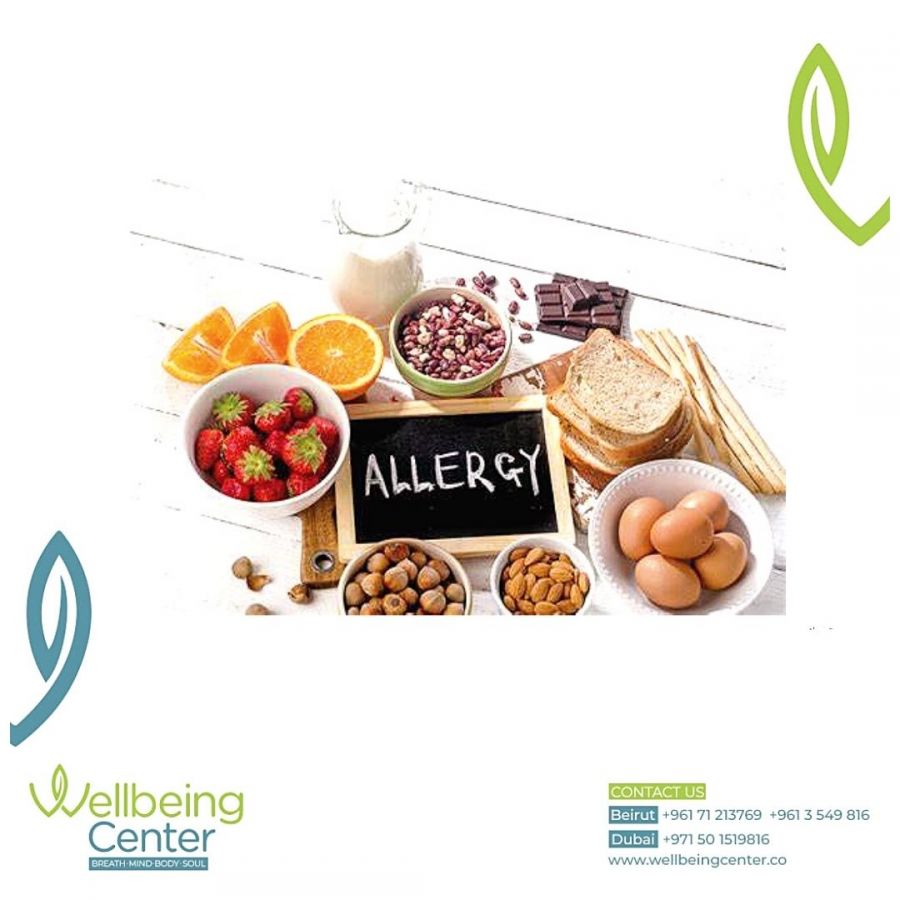What is Food Allergy?

For some people, an allergic reaction to a particular food may be uncomfortable but not severe. For other people, an allergic food reaction can be frightening and even life-threatening known as anaphylaxis. Food allergy symptoms usually develop within a few minutes to 2 hours after eating the offending food. Rarely, symptoms may be delayed for several hours.
The most common food allergy signs and symptoms include:
• Tingling or itching in the mouth
• Hives, itching or eczema
• Swelling of the lips, face, tongue and throat or other parts of the body
• Wheezing, nasal congestion or trouble breathing
• Abdominal pain, diarrhea, nausea or vomiting
• Dizziness, lightheadedness or fainting
It's easy to confuse a food allergy with a much more common reaction known as food intolerance. While bothersome, food intolerance is a less serious condition that does not involve the immune system.
Food allergies can only be managed by avoiding “trigger” foods and by quickly identifying and treating reactionary symptoms. Reactionary symptoms caused by a food allergy include tingling sensation in the mouth, swelling of the face or other areas of the body, and shortness of breath, amongst others. Factors that increase the risk of developing a food allergy include family history and other allergic conditions, like eczema. In cases where a family member has been diagnosed with an allergic condition, the risk of other family members developing a food allergy is higher, but interestingly, the trigger might not be necessarily the same.
Notably, the prevalence of food allergies appears to be rising among children under the age of 18 due to environmental factors related to lifestyles, pollution, dietary changes, and less exposure to microbes which alter the response of our immune systems. Additionally, as society becomes more aware of food allergies and better at diagnosing them, more numbers are reported.
Individuals with a food allergy face some social and psychological challenges include limited activities outside the home, social isolation, depression, panic attacks and anxiety. The inadequacy of available treatment options is another factor causing anxiety to individuals and their caregivers.
